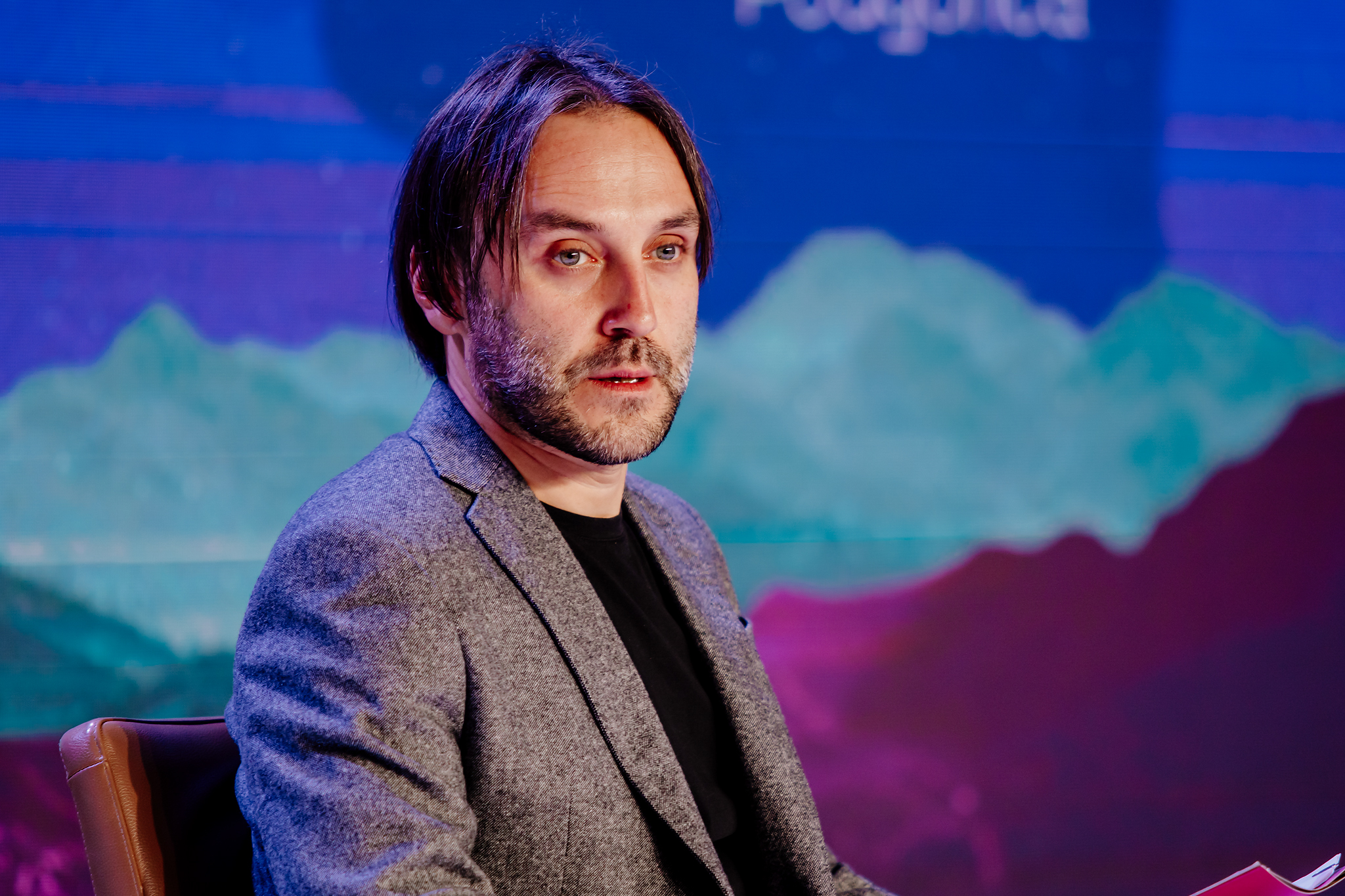The Center for Democratic Transition (CDT) welcomes the announced dialogue, the goal of which is to find a legally sustainable solution to the situation in Savnik, thereby continuing electoral reform. Nevertheless, if the Committee for Comprehensive Electoral Reform (the Committee) continues its work at this pace and level of commitment, there is little chance that the reform will happen at all.
Unfortunately, this Committee has followed the footsteps of its predecessors and has not discontinued the way of working and thinking of previous convocations. Of additional concern is the use of the old strategy where everyone expresses strong commitment to this reform verbally, while nothing significant is happening in practice.
Unfortunately, for the current convocation, other matters always seem to take precedence over the Committee’s mandate and the urgency of electoral reform. As a result, only four sessions have been convened in four months without establishing the fundamental conditions for its functioning.
Over the course of four months, the Committee has failed to expand its scope and include important laws that were omitted when it was first established. Furthermore, it has not adopted the Rules of Procedure, the Roadmap for Electoral Reform, or the functioning of working subcommittees.
Therefore, it is very important to escalate political negotiations related to the situation in Savnik. We believe it is not acceptable for the first meeting, or the start of the dialogue, after the Committee’s work has been blocked and conditioned by resolving this situation, to be scheduled for almost a month later, thus “wasting” the time needed to create preconditions Committee’s efficient work.
Even under the most optimistic scenario where the problem with Savnik is resolved in a single meeting, the Committee will not be able to address all outstanding matters by the end of May – partially due to the fewer working days in that month and partially due to the inherent challenges in reaching agreements within the Committee itself.
It is also very important that the solution for Savnik be legally sustainable and not create a basis for the politics of electoral tourism and violence to become a model for the functioning of our electoral processes. Abandoning the notion of, mildly put, legally and politically strained introduction of forced administration, election annulment, and subsequent reruns in favor of a written agreement on norms of behavior complementing the existing laws would be a positive outcome and a pragmatic compromise.
Therefore, we call on political parties to focus their energy on dialogue and promptly address the prerequisites for the Committee’s work and create a more conducive atmosphere and climate for its functioning.
Dragan Koprivica
Executive Director of the CDT


